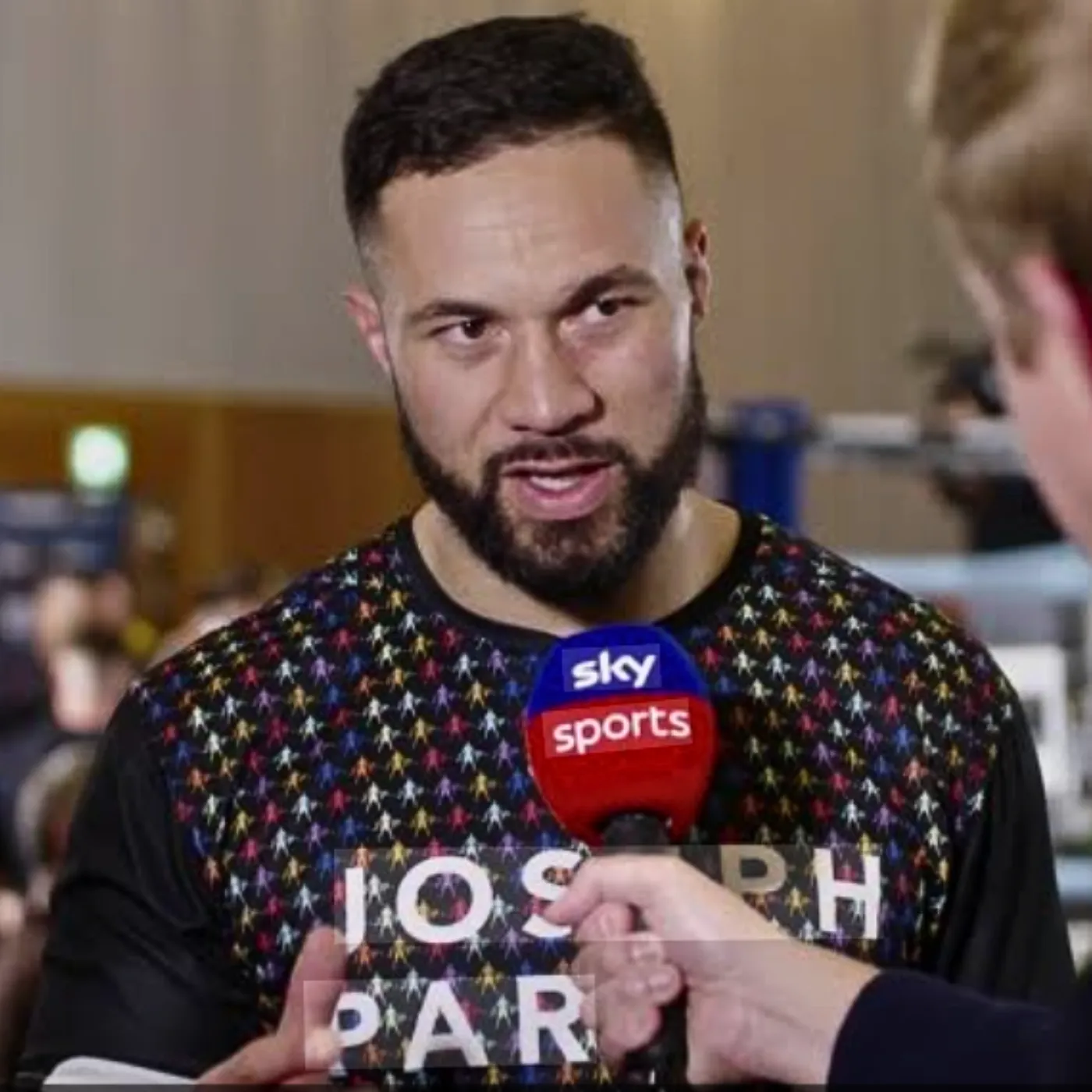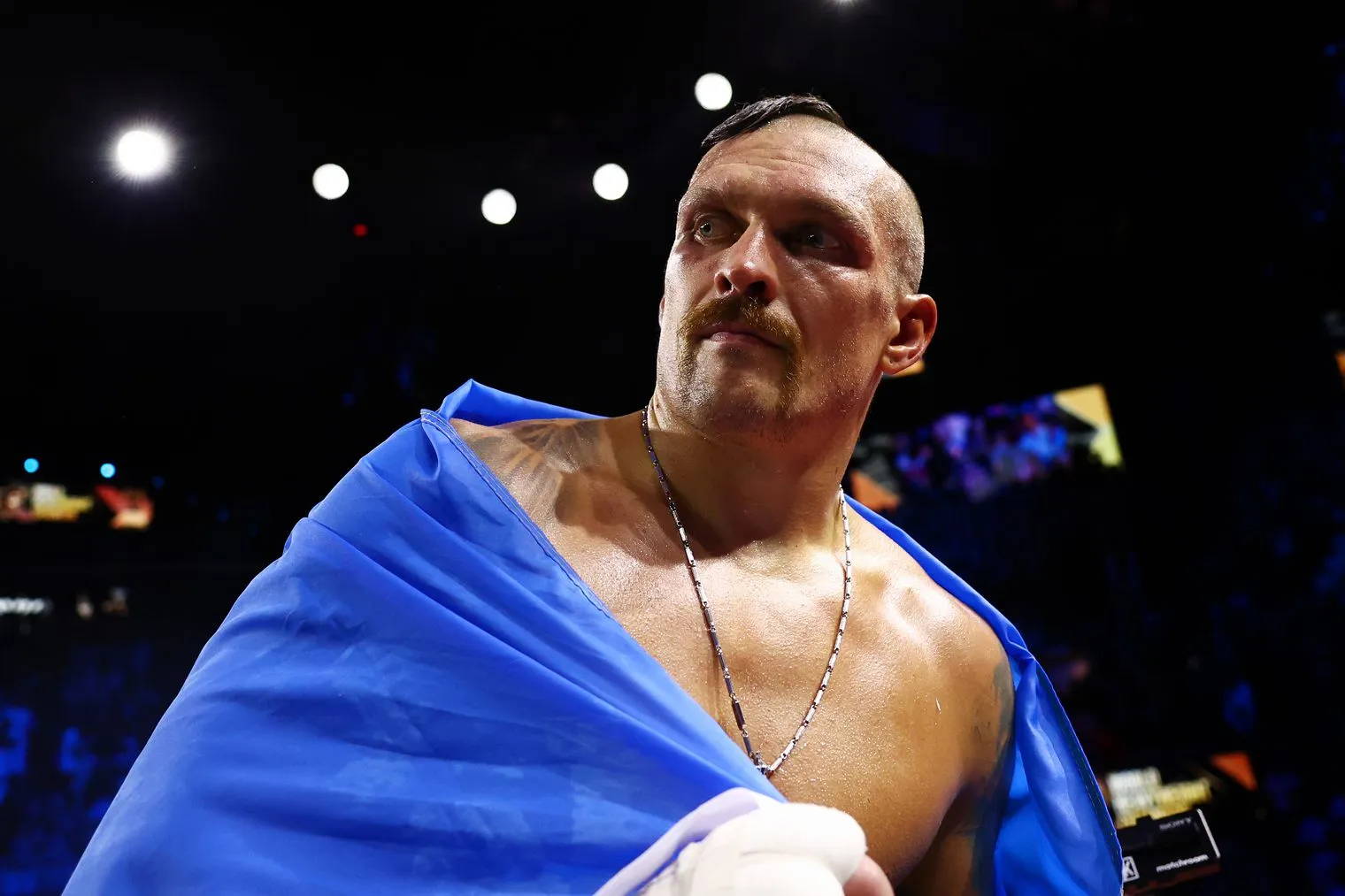
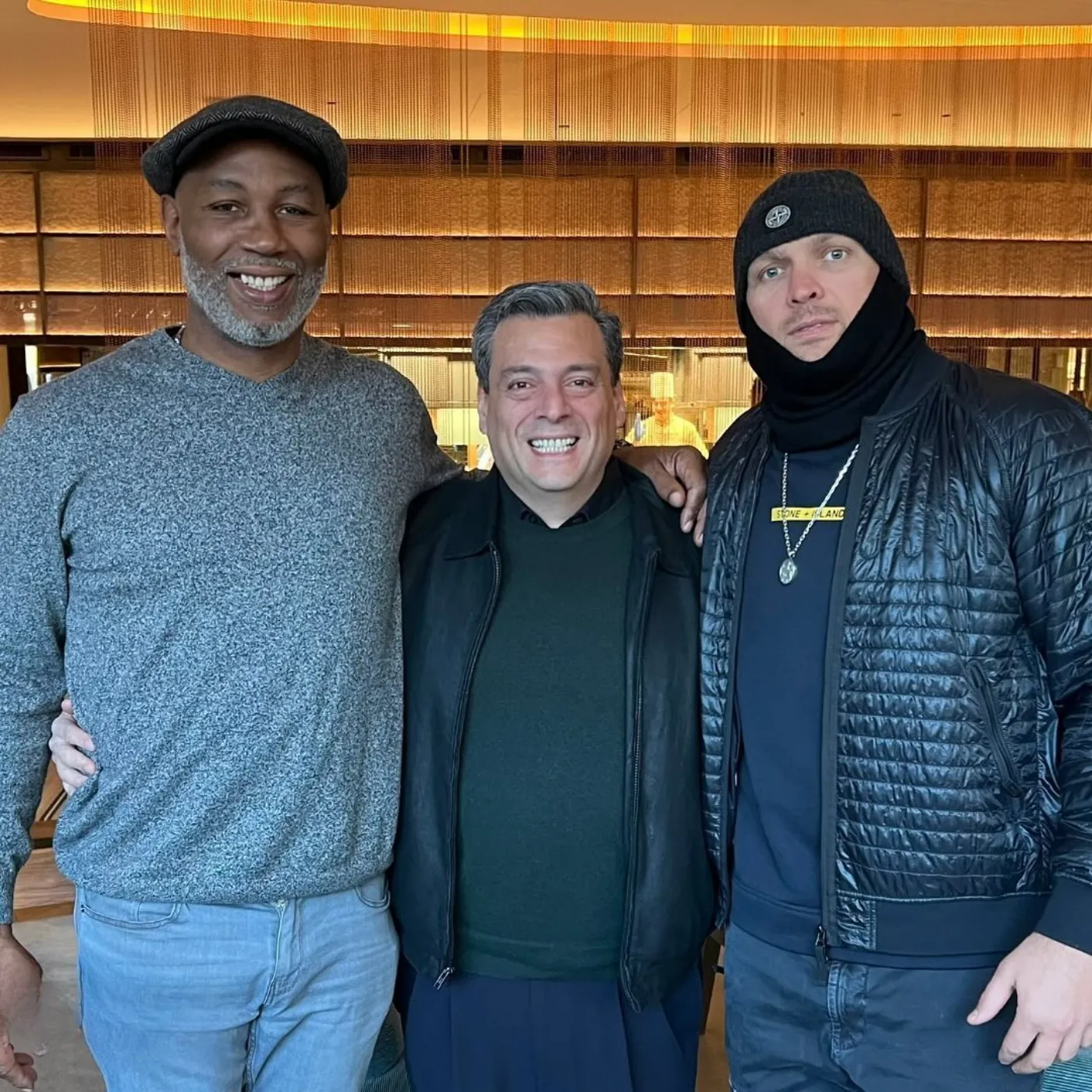
38 Years Old, Still a Champion But Did Oleksandr Usyk Hear the “Stop at the Right Time” Advice from a Legend?
Legendary heavyweight Lennox Lewis offers vital advice to undefeated unified heavyweight champion Oleksandr Usyk as he navigates the peak of his boxing career at age 38. Drawing from his own historic retirement after a grueling victory over Vitali Klitschko on June 21, 2003, in Los Angeles, Lewis emphasizes the importance of leaving the sport at the right time while still at one’s prime. Usyk, boasting a flawless 24-0 record with 14 knockouts, is widely regarded as one of the best heavyweights since Lennox Lewis. Fans and analysts alike are watching closely, as many anticipate that age may begin to affect his performance in the coming years. Lewis encourages Usyk to retire on his own terms but at his peak, preserving his legacy and ensuring he is remembered for his accomplishments rather than a potential decline. This guidance highlights the critical intersection of career strategy, legacy management, and peak performance in professional boxing. In this article, we explore Lewis’s retirement decision, the parallels between him and Usyk, and the lessons young fighters can learn about knowing when to step away from the ring. By following these principles, Usyk can secure a lasting legacy, maintain his reputation as a dominant heavyweight, and inspire the next generation of boxing champions.
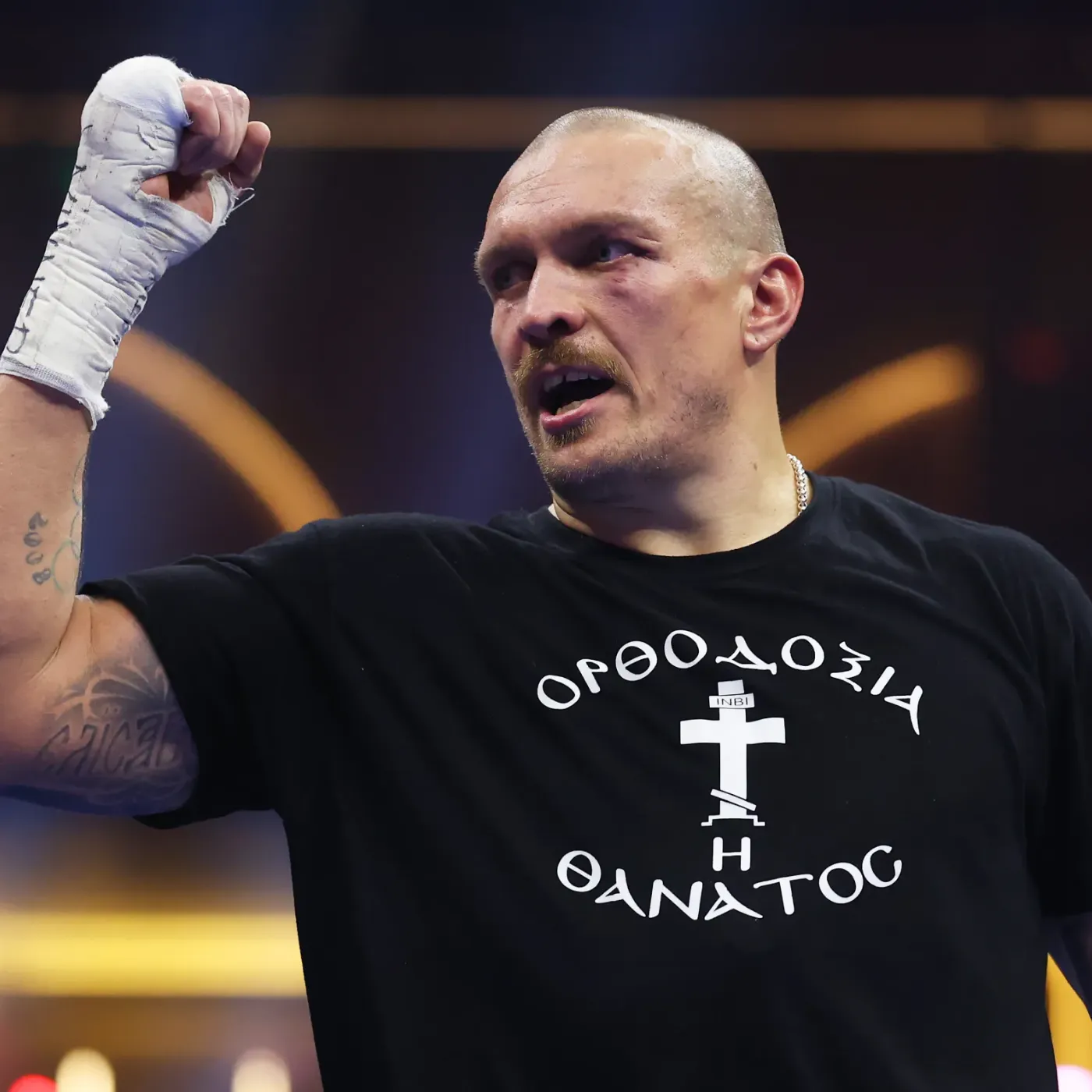
How Lennox Lewis Made the Decision to Retire
Lennox Lewis retired at age 38 after his historic bout against Vitali Klitschko on June 21, 2003, in Los Angeles. The fight was a grueling, blood-soaked contest that tested every ounce of Lewis’s skill and stamina. Despite securing a hard-fought victory, Lewis recognized that “Father Time” was catching up.
The battle with Klitschko was more than just a physical challenge—it was a stark reminder of the limits imposed by age and the brutal nature of the sport. Lewis, reflecting on that moment, stated that he wanted to leave boxing on his own terms, while still at the top. His decision to retire was not driven by injury or defeat, but by a strategic recognition that he had achieved all he could in the sport.
Why Lewis’s Retirement Remains a Model for Champions
Many athletes, especially in boxing, face pressure to return to the ring, fueled by public demand or lucrative offers. However, Lewis proudly maintained his decision, never making a comeback despite numerous rumors and speculations.
His retirement demonstrates a rare form of discipline: the ability to walk away while still dominant. By doing so, Lewis preserved his legacy and avoided the pitfalls of decline that have derailed many other champions’ reputations. This choice is particularly relevant when comparing to modern heavyweights who may be tempted by additional fights later in their careers.
Oleksandr Usyk’s Current Status in Boxing
Oleksandr Usyk, currently 38 years old, mirrors Lewis in age but has maintained a flawless record of 24-0, with 14 knockouts. Usyk holds the unified heavyweight championship, making him the reigning force in the division.
Many boxing analysts consider Usyk the best heavyweight since Lennox Lewis, citing his technical skill, agility, and strategic ring intelligence. Despite his current dominance, the natural course of aging in boxing means observers are anticipating a potential decline in performance in the coming years.
Lewis’s Advice to Usyk
Drawing from his own experience, Lewis offered crucial guidance:
“I would tell him, ‘Retire on your own terms, but retire at your peak, just like I did.’”
This advice is a reminder that even champions like Usyk must consider long-term legacy over immediate gain. Retiring while still dominant preserves their accomplishments and ensures they are remembered for what they achieved at their best, rather than for the decline that can accompany extended careers.
The Importance of Timing in Boxing Retirements
In boxing, the timing of retirement is almost as important as skill inside the ring. Leaving at the top—rather than after a decline—ensures a fighter’s name remains synonymous with excellence.
For Usyk, who has mastered the heavyweight division, Lewis’s advice carries added weight. The parallel is clear: both fighters are 38, both have achieved remarkable success, and both must balance the desire for further glory with the risks of aging and diminishing performance.
Lessons from Lewis for Future Generations
Lewis’s story is instructive for all athletes. His retirement illustrates:
Self-awareness: Understanding when physical capabilities begin to wane.
Legacy management: Leaving the sport with reputation intact.
Strategic decision-making: Prioritizing long-term respect over short-term gain.
These lessons are particularly relevant for Usyk as he navigates the pressures of defending multiple belts while managing his own career longevity.
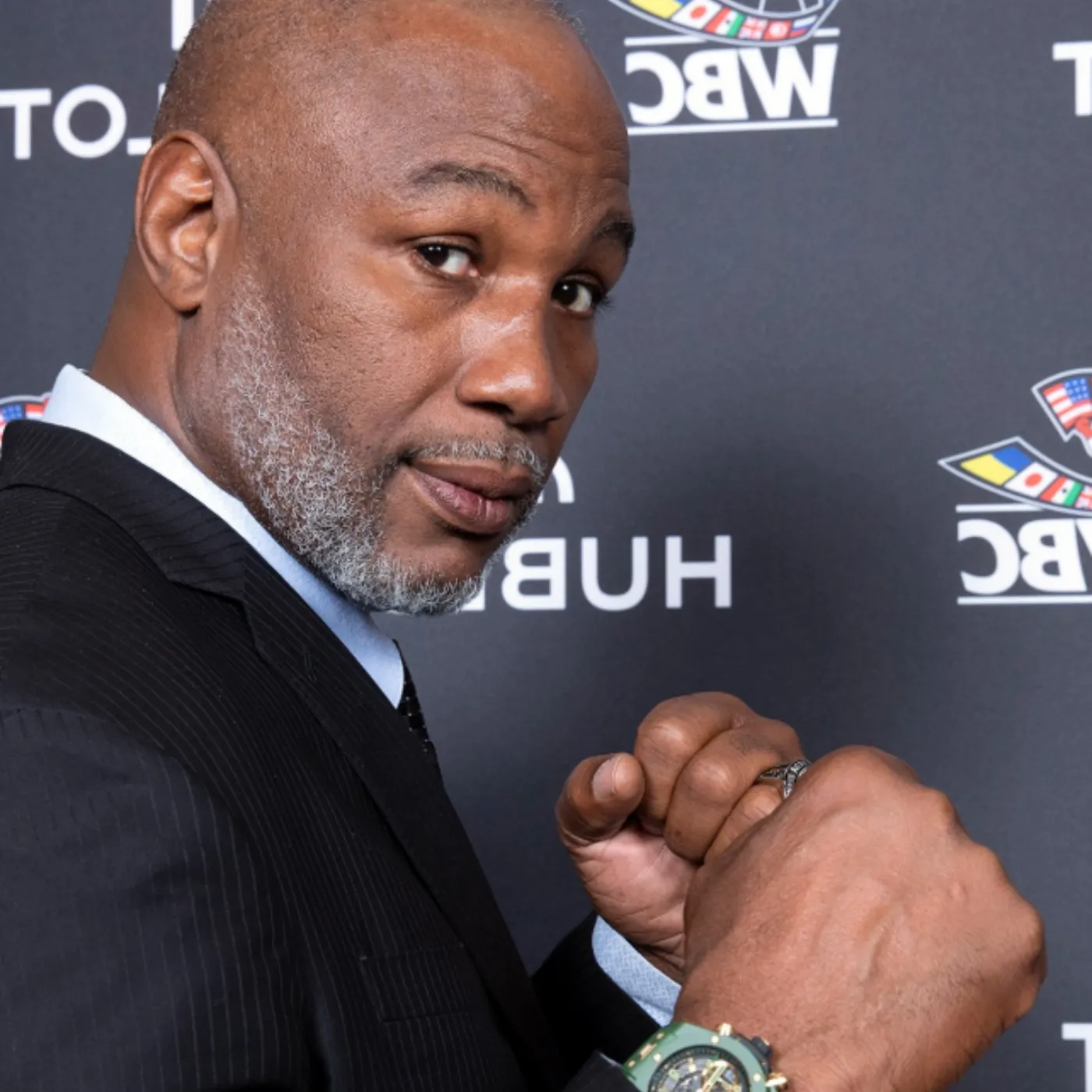
Why Fans Should Pay Attention to Lewis’s Advice
For boxing fans, Lewis’s counsel offers insight into the strategic thinking behind career decisions at the elite level. Usyk’s next moves could define not just his record, but how he is remembered in the annals of heavyweight history. Retiring at peak performance is not just a personal choice—it shapes the narrative of greatness for generations to come.
Usyk’s Legacy and the Path Ahead
While Usyk continues to dominate, the advice from Lennox Lewis serves as a roadmap for making critical career decisions. Fans and analysts alike will be watching: will Usyk continue to push boundaries, or will he heed Lewis’s guidance and step away while still undefeated?
By combining his technical prowess, unbeaten record, and Lewis’s lessons on timely retirement, Usyk has the opportunity to cement a legacy that will endure for decades. Much like Lewis, choosing the right moment to leave could ensure he is remembered not only for his victories but for his wisdom and foresight in managing a legendary career.









